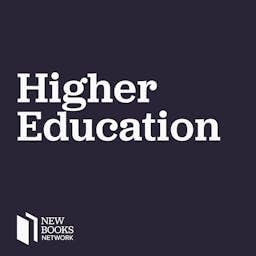Parents are exhausted. When did raising children become such all-consuming, never-ending, incredibly expensive, and emotionally absorbing effort? In this eye-opening book, Nina Bandelj explains how we got to this point--how we turned children into financial and emotional investments and child-rearing into laborious work. At the turn of the twentieth century, children went from being economically useful, often working to support families, to being seen by their parents as vulnerable and emotionally priceless. In the new millennium, however, parents have become overinvested in the emotional economy of parenting. Analyzing in-depth interviews with parents, national financial datasets, and decades of child-rearing books, Bandelj reveals how parents today spend, save, and even go into debt for the sake of children. They take on parenting as the hardest but most important job, and commit their entire selves to being a good parent. The economization and emotionalization of society work together to drive parental overinvestment, offering a dizzying array of products and platforms to turn children into human capital--from financial instruments to extracurricular programs to therapeutic parenting advice. And yet, Bandelj warns, the privatization of child-rearing and devotion of parents' monies, emotions, and souls ultimately hurt the well-being of children, parents, and society. Overinvested: The Emotional Economy of Modern Parenting (Princeton UP, 2026) offers a compelling argument that we should reimagine children and what it means to raise them. Nina Bandelj is Chancellor's Professor in the Department of Sociology at the University of California, Irvine, and past president of the Society for the Advancement of Socio-Economics. Caleb Zakarin is CEO and Publisher of the New Books Network. Learn more about your ad choices. Visit megaphone.fm/adchoices
Show More
Show Less
 1 hr and 3 mins
1 hr and 3 mins 51 mins
51 mins 40 mins
40 mins 53 mins
53 mins 45 mins
45 mins Feb 5 20261 hr and 1 min
Feb 5 20261 hr and 1 min Feb 2 202634 mins
Feb 2 202634 mins 37 mins
37 mins
